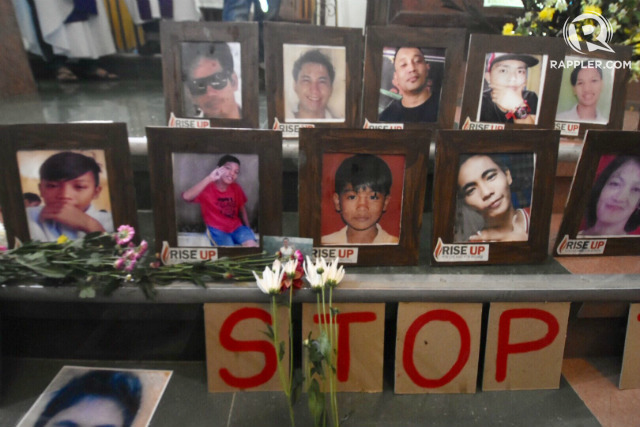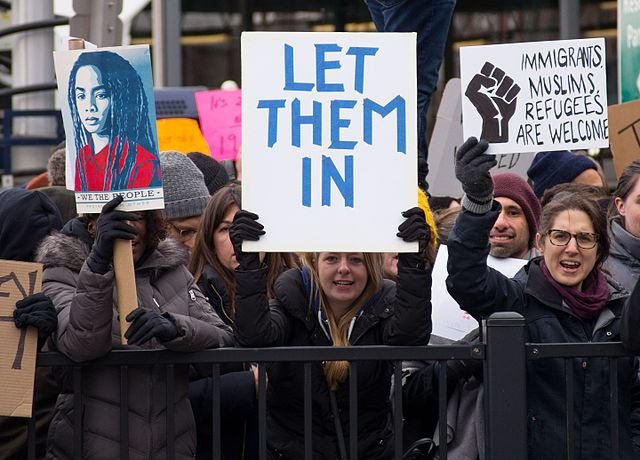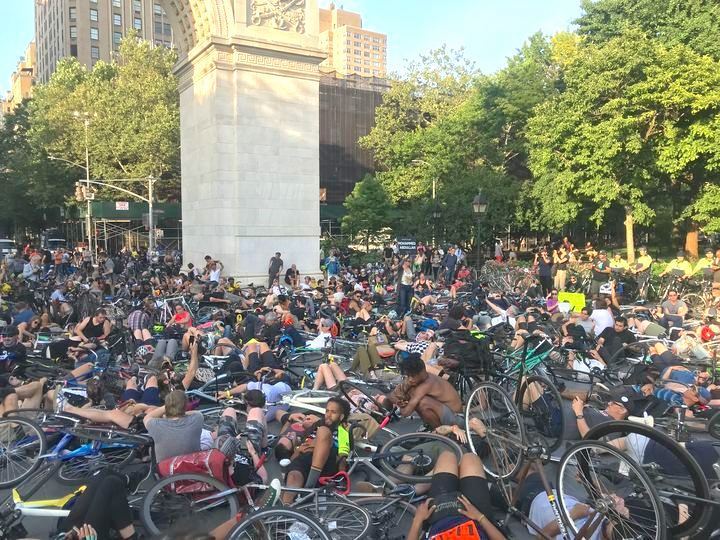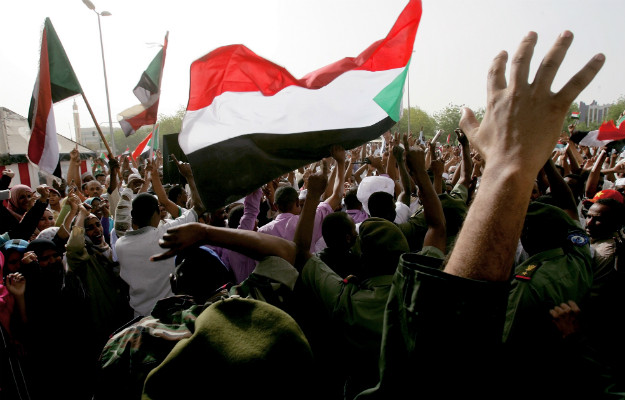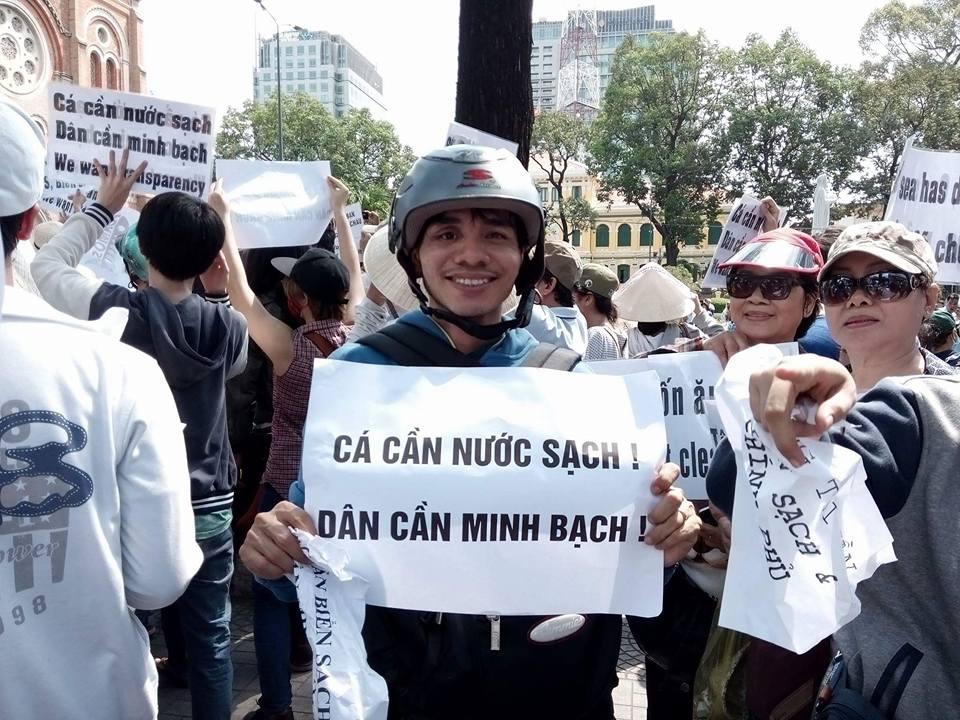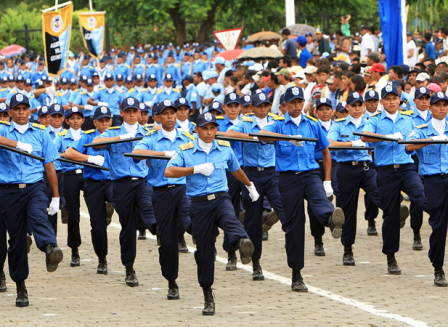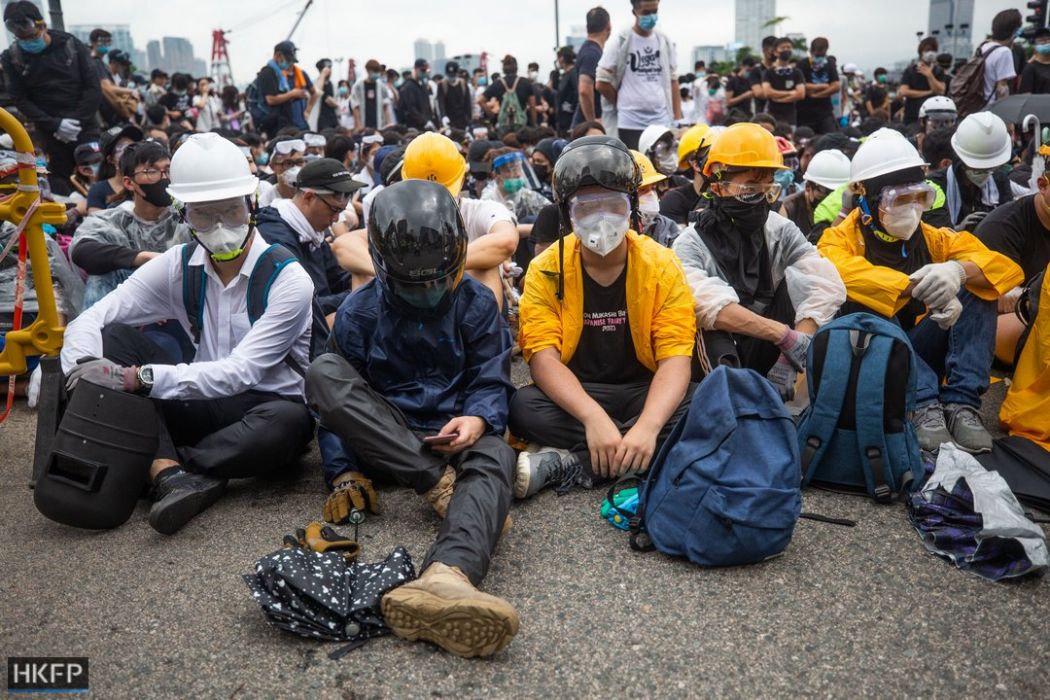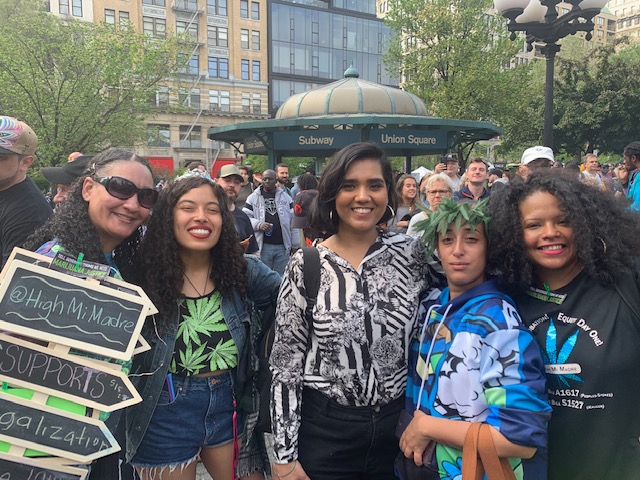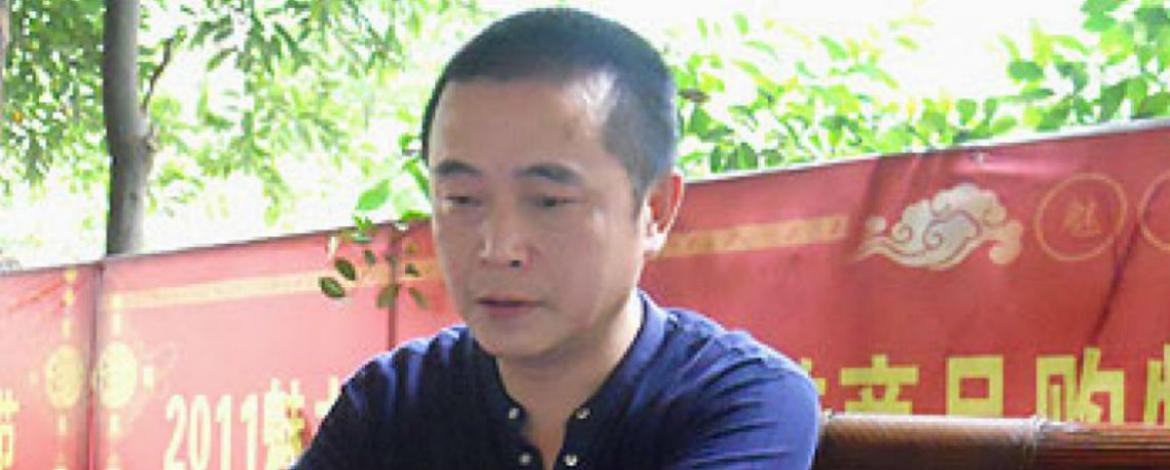
China: dissident journalist Huang Qi gets 12 years in prison
Huang Qi, a Chinese journalist and “cyber-dissident,” was sentenced to 12 years in prison for illegally disclosing state secrets abroad. Huang Qi is founder of 64 Tianwang, a Chinese news site that has reported frequently on protests and human rights abuses in the People’s Republic. His site has run articles on the 1989 pro-democracy protests in Tiananmen Square. He provided advice to families in Sichuan in their case against the government for children who died in schoolhouses during the 2008 earthquake there. He reported on Tiananmen Square again in 2013 when a rare demonstration was held there, and in 2014 when a woman tried to self-immolate there to protest the opening of the National People’s Congress. Each of these reports led to prison time for Huang Qi. (Photo: Reporters Without Borders)




